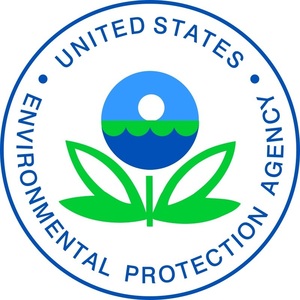EPA opens comment period on proposed settlement with Genscape

March 17, 2022
BY Erin Krueger
The U.S. EPA on March 16 published a notice of proposed settlement agreement that alters the number of renewable identification numbers (RINs) that Genscape must retire to comply with a final determination issued by the agency in May 2019 that, in part, revoked Genscape’s registration as a Quality Assurance Plan auditor under the Renewable Fuel Standard.
The EPA in January 2017 issued a notice of intent to revoke the ability of Genscape to verify RINs under the RFS QAP. At that time, the agency said it was taking such action to hold Genscape accountable for failing to meet all elements of its approved quality assurance plan and for verifying millions of RINs that were fraudulently generated by two companies, Gen-X Energy Group Inc. and Southern Resources and Commodities. The agency also said it planned to require Genscape to retire valid RINs to replace the approximately 68 million invalid A-RINs the company verified, which were then used for compliance.
Advertisement
Advertisement
The EPA issued a final determination regarding Genscape’s QAP status in May 2019, revoking the company’s registration as QAP auditor, revoking its QAP A Plan, and requiring the company to replace the remaining invalid A-RINs it had verified and that were used for compliance purposes under RFS statute.
Genscape in July 2019 filed a petition for review with the Sixth Circuit Court of Appeals challenging the portion of the final determining that required the company to replace the invalid RINs. The proposed settlement agreement published by the EPA on March 16 would no longer require Genscape to retire 69.17 million valid current or prior year D3, D4, D5 or D7 RINs. Instead, Genscape would now be required to retire 24 million valid current or prior year D3, D4, D5, or D7 RINs with 48 months. Of those 24 million RINs, at least 6 million would be required to be retired within 12 months, with 12 million retired within 24 months and 18 million retired within 36 months.
Advertisement
Advertisement
A public comment period is open through April 15. Additional information is available on the Federal Register website.
Related Stories
CountryMark on July 22 celebrated the completion of more than $100 million in upgrades at its refinery in Indiana, including those related to soybean oil storage. The facility produces renewable diesel via coprocessing technology.
ATOBA Energy and Air Moana are partnering to implement scalable solutions for the supply of SAF. The collaboration aims to ensure long-term SAF availability while supporting local initiatives to develop sustainable fuel production in Tahiti.
While final IRS guidance is still pending, the foundation of the 45Z program is well defined. Clean fuel producers should no longer be waiting; they can now move forward with critical planning and preparation, according to EcoEngineers.
Neste Corp. on July 24 released second quarter results, reporting record quarterly renewable product sales volumes despite weaker margins. SAF sales were up nearly 80% when compared to the first quarter of 2025.
Valero Energy Corp. on July 24 released second quarter results, reporting a profitable three-month period for its ethanol segment. The renewable diesel segment posted a loss, but the company’s new sustainable aviation fuel (SAF) unit operated well.
Upcoming Events










